This is a blissful book, lovingly and stylishly written
Daily Telegraph
A fascinating documentary of post-Communist Eastern Europe a compelling read. That Wilson writes with humour and charm makes it all the more engaging Independent
Wilson captures the essence and the magic that Eastern European football has brought to European soccer as a whole, while documenting the heartache, corruption and decay that now degrade a once noble past. If you love the romance and the history of the beautiful game and have a passing interest in the complex geo-politics of the former Eastern bloc, then the cover price is a mere bagatelle in comparison to the pleasure you will derive from reading and owning Behind the Curtain Tribune
Wilson writes captivatingly with humour anyone with an interest in Eastern European sport will be consulting this book for years to come Financial Times
Intriguing, entertaining history-cum-sports-travelogue of postwar Eastern Europe through the lens of the beautiful game Metro London
Terrific Daily Telegraph
Jonathan Wilson brilliantly plugs the gaps in our knowledge Wilson is an observant and witty guide to life in Eastern Europe as seen through the lens of the beautiful game
Waterstones Books Quarterly
A painstakingly researched and skilfully told journey into previously uncharted territory, which sheds much light onto a fascinating topic FourFourTwo
In this part-travelogue, part-history Jonathan Wilson captures the contemporary chaos of the region Observer Sport Monthly
[A] fascinating and perceptive travelogue includes a fine collection of anecdotes too colourful for fiction Sunday Times
Superbly researched Wilson breaks up the prose with wittily observed travel writing When Saturday Comes
I have a confession. This is the first book about football I have ever read. On this evidence, that is my loss. I shall certainly look out for any more books by Wilson. With style and erudition, Wilson proves that football is a metaphor, an allegory, and much more than just a game The Times

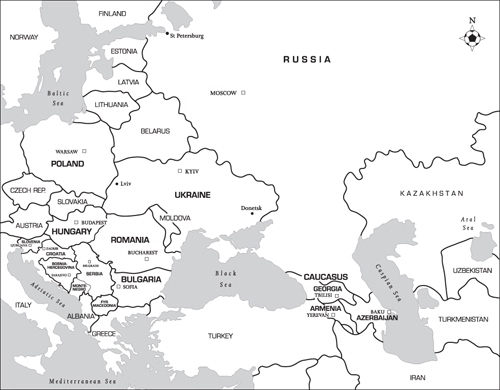
This book could not have been written without Sorin Dumitrescu, Stoyan Georgiev, Nedim Hasi , Taras Hordiyenko, Maciej Iwanski, Sndor Laczk, Armen Nikoghosyan, Milena and Ljiljana Ruzi
, Taras Hordiyenko, Maciej Iwanski, Sndor Laczk, Armen Nikoghosyan, Milena and Ljiljana Ruzi , Ale Selan, Vladimir Soldatkin and Zaza and Natya Tsuladze, all of whom devoted huge amounts of time and effort to helping with research, translation and logistics. To them I am hugely grateful. I must also acknowledge the input of Philippe Auclair, Slaven Bili
, Ale Selan, Vladimir Soldatkin and Zaza and Natya Tsuladze, all of whom devoted huge amounts of time and effort to helping with research, translation and logistics. To them I am hugely grateful. I must also acknowledge the input of Philippe Auclair, Slaven Bili , Neil Billingham, Duncan Castles, Marcus Christenson, Fuad Dargakhly, Gamid Gamidov, Luke Gosset, Elvir Islamovi
, Neil Billingham, Duncan Castles, Marcus Christenson, Fuad Dargakhly, Gamid Gamidov, Luke Gosset, Elvir Islamovi , Dennis Kopylov, Yevhen Kravs, Simon Kuper, Ben Lyttleton, Toma Mihajlovi
, Dennis Kopylov, Yevhen Kravs, Simon Kuper, Ben Lyttleton, Toma Mihajlovi , Boris Navasardian, Dejan Nikoli
, Boris Navasardian, Dejan Nikoli , Vladimir Novak, Gunna Persson, Zdravko Rei
, Vladimir Novak, Gunna Persson, Zdravko Rei , Kristian Sotiroff, Matt Spiro, Radu Timofte, Sergey Tsimmerman, Axel Vartanyan, Duncan White, Rafa Zaremba and Yuliya in Baku, all of whom were generous with assistance, information and advice.
, Kristian Sotiroff, Matt Spiro, Radu Timofte, Sergey Tsimmerman, Axel Vartanyan, Duncan White, Rafa Zaremba and Yuliya in Baku, all of whom were generous with assistance, information and advice.
Thanks also to my agent David Luxton for managing to interest anybody in a book on such a recondite theme; thanks to my editor Ian Preece at Orion for his support and suggestions; thanks to Mat Snow and Hugh Sleight at FourFourTwo and Paul Simpson at Champions for publishing my pieces on eastern Europe with such bewildering regularity and so providing the seeds from which this book grew; thanks to onefootball, for handing me such a brilliant start in journalism, teaching me the value of distrust, and introducing me to so many wonderful people; thanks to Marcus Christenson, Dan Magnowski and Mithran Samuel for reading the manuscript and making criticisms and corrections; thanks to the Financial Times, for employing me long enough to have the resources to research the book, and for terminating my contract in time to write it; thanks to Emma, Dom, Cath, PJ, Jon, Bic and Sas for at various times putting up with my books, papers and supposed grumpiness; thanks to Rachel, for convincing me it was worth writing a proposal and for introducing me to David in the first place; thanks to Kevin McCarra, for underwriting the project to the tune of 30 Zotys; and thanks, finally, to my parents, for pretty much everything.
PHOTO CREDITS
The creatures outside looked from pig to man, and from man to pig, and from pig to man again; but already it was impossible to say which was which.
George Orwell, Animal Farm
It is a little after six when the train pulls into Belgrade. After the overwhelming heat of the previous day, it is refreshingly cool as I stumble out of my compartment. An early-morning mist hangs over the station, mingling with the smoke and fumes of the trains to form a haze that is tinted yellow by the sun as it slants through the iron-girdered roof. A Serbian folk song, piped through the loudspeakers, plays in the background. As I peer up an almost deserted platform, indistinct figures scurry in the distance. The fact of the railway aside, there is nothing by which to date the scene; I could be stepping off the train at any time from about 1920 onwards. It is probably the music that gives the moment a filmic feel, but I almost expect a mysterious figure to appear at my elbow furling an umbrella and commenting meaningfully on the daffodils in Moscow this spring.
As it is, the first person I speak to that morning is a taxi driver. I dont need a taxi Ive already arranged to meet two journalist friends in the station restaurant at nine but I know he will know a backstreet money changer. It turns out hes in that line of business himself, and so, after a brief haggle conducted in the dust on the bonnet of his car, I change my Slovenian tolar into Serbia-Montenegrin dinar at a rate significantly higher than that offered by the station bureau de change, which is closed anyway. I return to the ticket office, and book myself on a train departing for Budapest that evening, then make for the restaurant. It occurs to me as I sit there drinking coffee after coffee and eating small, bitter sausages, killing time until Milena and Ljiljana, my two Serbian friends, turn up, that mornings like this are exactly why I like eastern Europe so much.
Its the question people always ask when I mention that Im heading off to Romania or Ukraine or wherever for a holiday that doubles as a research trip why there? Im not sure there is an easy answer. There are the obvious pragmatic reasons, of course. Its cheap, for one, which is a major bonus for a freelance. There is, at least compared to Africa or Italy or South America, very little competition. And, given the widespread corruption, there are stories in abundance. Plus, there is the fact that when I worked for onefootball.com, I developed a range of contacts across the region. In many cases, they are now friends.


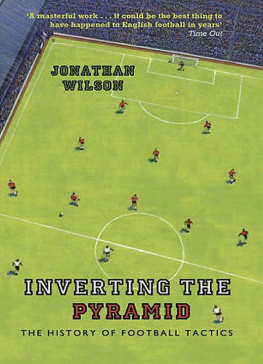
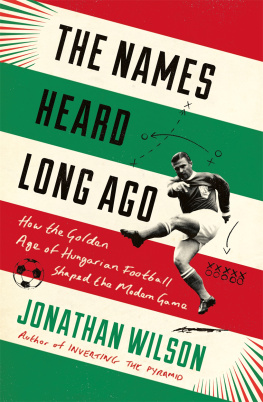
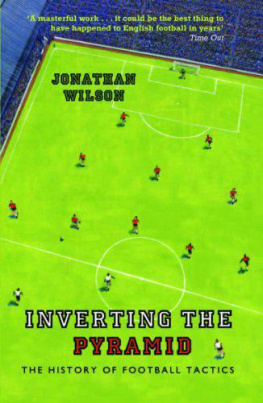
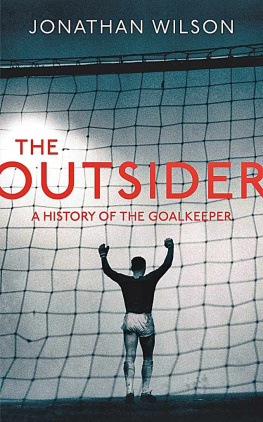
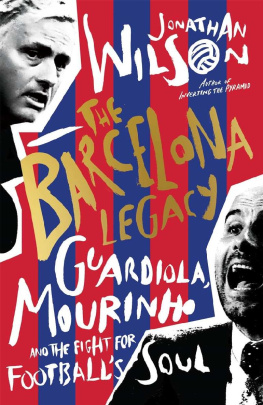
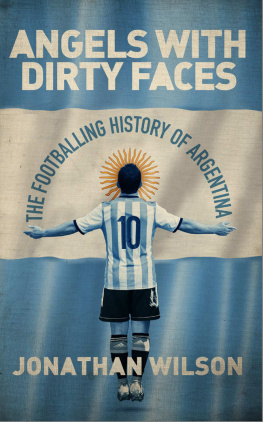
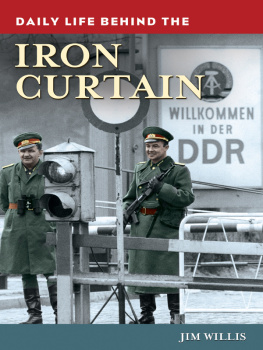
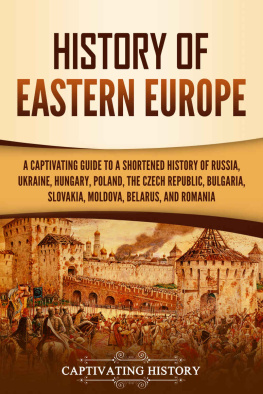
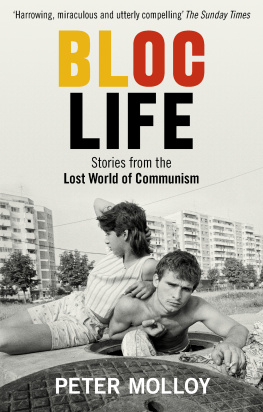
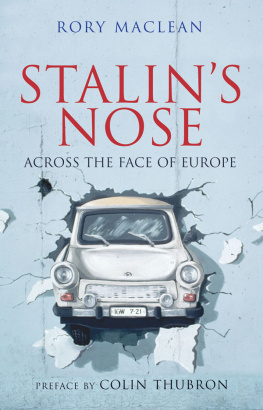
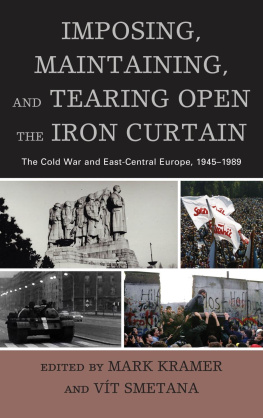
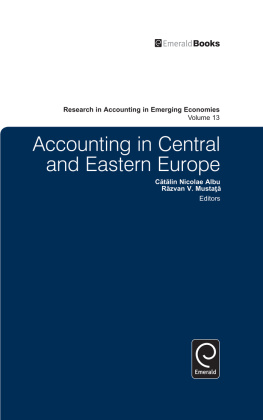
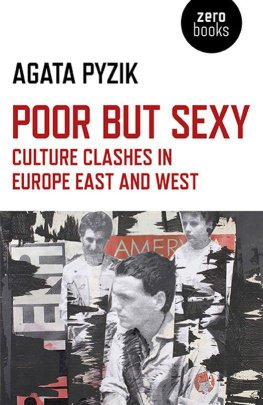


 , Taras Hordiyenko, Maciej Iwanski, Sndor Laczk, Armen Nikoghosyan, Milena and Ljiljana Ruzi
, Taras Hordiyenko, Maciej Iwanski, Sndor Laczk, Armen Nikoghosyan, Milena and Ljiljana Ruzi